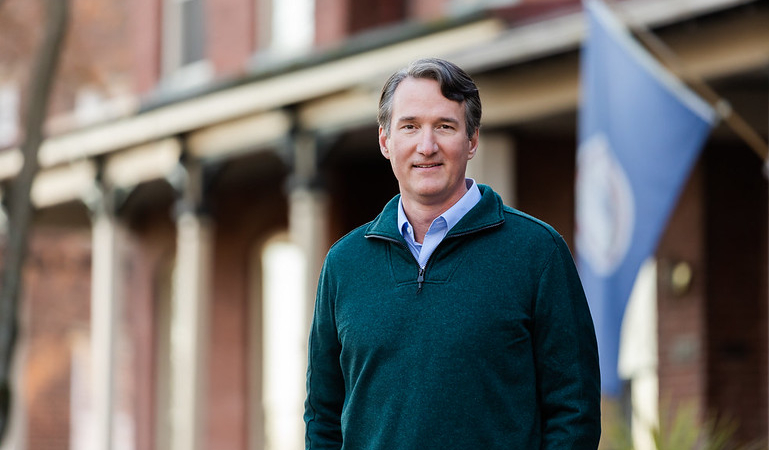Virginia Gov. Glenn Youngkin has agreed to amend a hemp bill awaiting his signature, but hemp stakeholders say the changes don’t go far enough.
Youngkin ordered changes to a provision regarding THC content for hemp foods, eliminated a rule mandating bittering agents be mixed into hemp topicals, and lowered registration fees for hemp operators.
The Virginia Hemp Coalition (VHC) welcomed the progress with the bill but said restrictions on food products in the amendments would still make most full-spectrum CBD products illegal in the state.
How much THC?
Under Youngkin’s amended provisions, an original clause that set a 2 milligram per package THC limit was scrapped in favor of stating the THC barrier at a ratio for CBD to THC content – setting the balance at 25/1.
VHC said those variables are off.
“It needs to be a 10/1 ratio to protect all the good hemp-derived products out there,” the Coalition said in a statement. “Natural hemp extract from the U.S. Farm Bill compliant grown hemp plant flower will test over the 25/1 ratio.”
Battle may loom
If the revamped bill fails to include that critical change, the Coalition said it will work to defeat the measure, Senate Bill 903, when it goes back to the Virginia Senate.
“Our position is if the bill cannot be amended to go to a 10/1 ratio, then we cannot support it. We have to ask for it to be voted down,” the Coalition said of the measure, which combined Senate and House versions of previous bills.
VHC’s statement was mum on a provision in the bill that would ban hemp-derived synthetic delta-8 THC. While the bill removes delta 9 THC from the state’s list of Schedule I controlled substances, the measure would “make it unlawful under the Consumer Protection Act to sell or offer for sale any substance intended for human consumption that contains a synthetic derivative of THC.”
Addressing safety
That provision reflects the state government’s position that consumer safety should override all other concerns in establishing laws to guide the hemp sector, sponsoring lawmakers said earlier.
A Virginia boy’s death last year was attributed to over-ingestion of delta-8 THC from eating gummies, leading to felony murder and felony child neglect charges against his mother. The death was officially ruled an accident attributable to “delta-8-tetrahydrocannabinol toxicity” by the Office of the Chief Medical Examiner Central District of Virginia, although some cannabis experts have cast doubt on that conclusion.
National problem
States across the U.S. are gradually getting things in order to deal with highly popular delta-8 products which have flooded the market. The compound, a psychoactive alternative to marijuana-derived delta-9 THC, is made in the lab by putting hemp-derived CBD through a synthetic process.
Reports have suggested that Virginia gas stations, convenience stores and other outlets have been selling mislabeled products that contain illegal amounts of delta-9 THC marketed as “legal” delta-8 products. The absence of federal regulation has also led to low-quality products on the market that contain heavy metals and other pollutants.
Federal rules awaited
The hemp industry, lawmakers and regulators have been divided over whether the 2018 U.S. Farm Bill, which legalized hemp federally, intended to make psychoactive products derived from the plant legal. Awaiting federal rules for both delta-8 and the CBD from which it is made, some states have meanwhile outlawed delta-8 altogether while others have put it under regulations for delta-9 THC products.
In addition to addressing packaging, labeling and laboratory testing, the bill the Senate originally passed to Youngkin also would establish a civil penalty of $10,000 for the production or sales of hemp extracts or extract-containing foods without a permit.
Possession and home cultivation of marijuana became legal in Virginia in 2021. But marijuana sales in the state are restricted to licensed medical dispensaries.
Read the full article here

